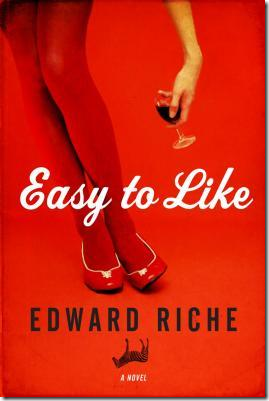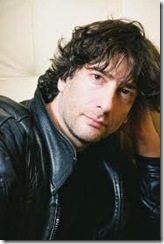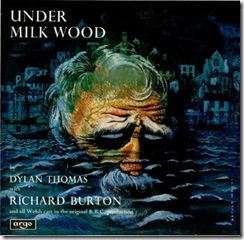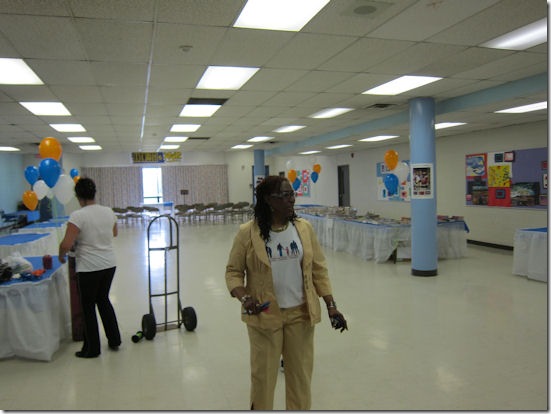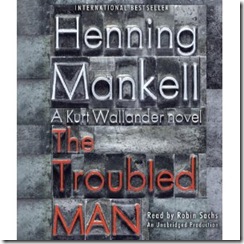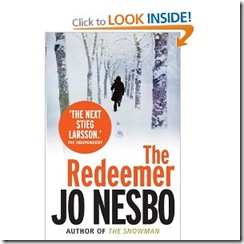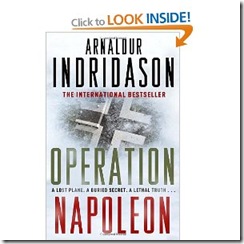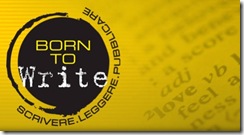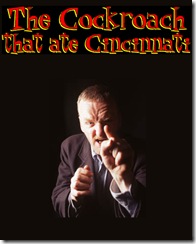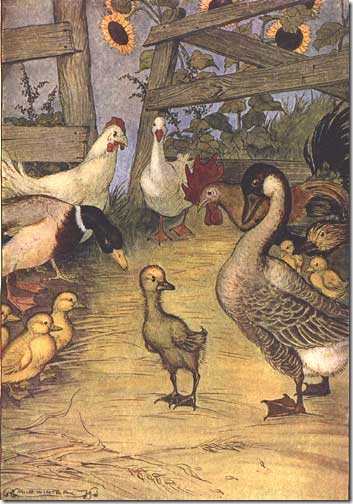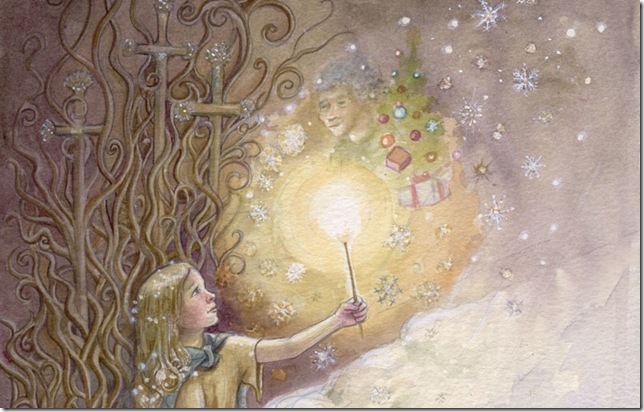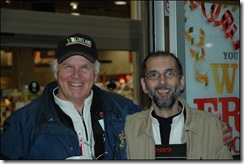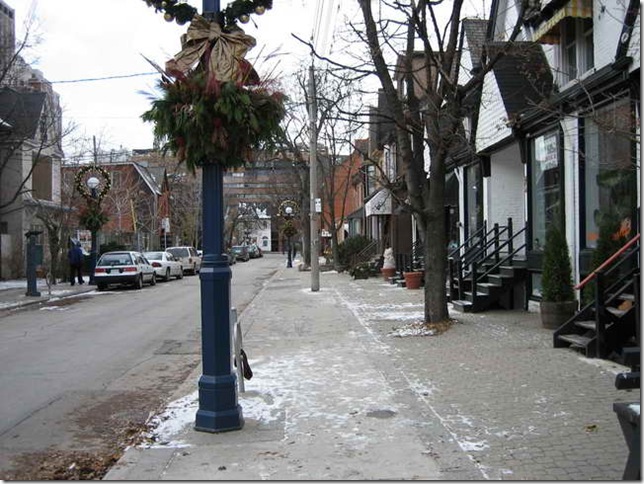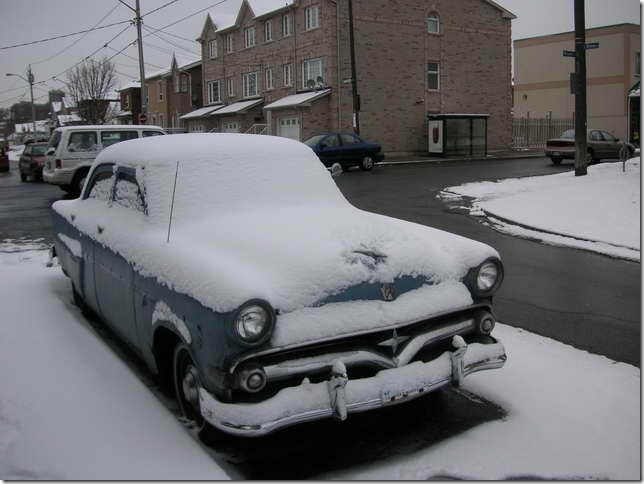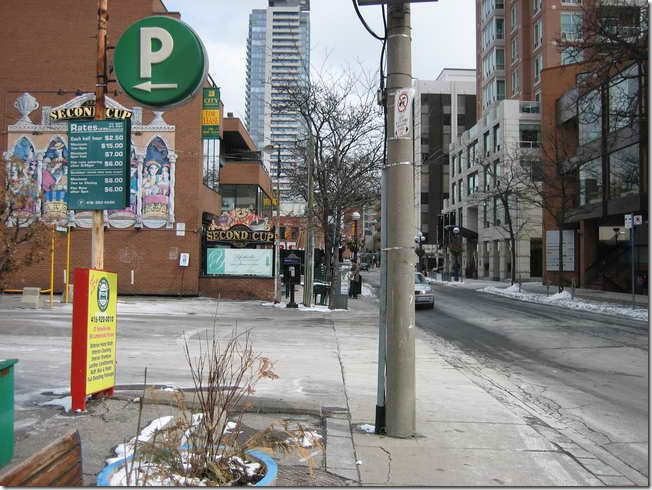I met Ed Riche in 1989 in St. John’s. I was the Toronto CBC guy (a hateful position to find yourself in) going around the country and meeting/recruiting new local writers for radio comedy.
Ed and his writing partner, Steve Palmer, had a radio script ready to go. But they let me know that they had had no luck with the Toronto department head (my boss) getting a green light for a pilot. They were angry – especially Ed. I felt a lot of tension and partly I was baffled that this resentment was being directed at me. We’d never met before, I hadn’t made any bad blood with anybody in Newfoundland. Maybe it was a test. Maybe I was just a symbol of everything nasty about Toronto.
I couldn’t blame them – I was having the same problem back in Toronto. About 45 minutes went by, some static cleared, and things got better with us.
Some months later, a script and demo tape arrived at my Toronto office and I thought, how clever. There was no real point in critiquing or editing the written script when there was a tape already produced and the tape was obviously exactly the way they wanted it to sound. It was good, it was funny, it was done. I read the script anyway. It was different than the tape. I made notes on both and recommended to my boss that we skip the formal pilot approval process and go straight to a 6-part series, as proposed by Ed and Steve.
Nothing ever happened. I hadn’t learned yet how to manipulate managers properly. I got calls and made calls to the guys in St. John’s and we were all pissed off. They were resigned to the typical dismissal of their work by “Toronto”, but they weren’t hostile to me.
I saw Ed once again, about a year later, with a mutual friend and colleague in Toronto. It was outside the old Radio Building on Jarvis St. He was friendly enough now. (Of course, our mutual friend was a pretty woman who respected my work) I never met up with him again and I’m sure he has forgotten all this.
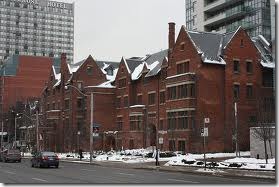 The old CBC Radio Building on Jarvis St. (the original Havergal College for girls)
The old CBC Radio Building on Jarvis St. (the original Havergal College for girls)
But I kept in touch with Ed’s writing career, especially enjoying his first book “Rare Birds” which had the funniest line I’d ever read in a Canadian novel.
“Dave, Columbo works in Los Angeles, which is on television.”
And I’ve just finished “Easy To Like”.
There are 2, maybe 3 , main concerns of Riche’s main character: wine-making, the inner machinations of the CBC executive, and the Canadian writer in L.A. Of wine-making, I know next to nothing and didn’t engage much with that concern. With one notable exception. The history of one elusive grape, its history and it’s incredibly demanding growing conditions. This is a little story in itself and though I really don’t care about wine and grapes and the fussiness of it all, I found myself pulled into the story of this grape as if it was something out of Gogol’s “Dead Souls”. Pages later, you realize you’ve gone off on a wonderful tangent but don’t mind in the least that it’s a bit of a red herring.
With regards to L.A.: refer to Riche’s own reference in Rare Birds above. Says it all for me.
When it comes to the CBC and Riche’s portrayal of management types, it means a lot more to me. Of course, he is writing as an outsider. Although, in his acknowledgments, he states that many CBC employees “sang”, it is not the same thing as having worked on the inside for, say, 25 years as I had.
While I was laughing my head off at his characters, their insane agendas and “visions” for programming the network and climbing the hierarchy of the crown corporation, I knew that the reality was a lot more complex.
Sure, we had managers and executives who were absolute cartoon characters (no other way to cope with figuring them out), there were others who were not “certifiable”. No, there were some who were quite sane and who don’t get off the hook by being just nuts. Evil, selfish, and very intelligent, a lot of them. These people are largely running the place now. And there were some who were odd ducks (rare birds) who were compassionate, intelligent and not naive. They were dispatched.
Those comments notwithstanding, this glimpse into your average modern day CBC management is the very antidote for those who carry the coffee-acid burning memories of that place and those people in their stomachs to this day.
I used to have a sign on my office door allegedly a dictum from our fearless leaders: “If you guys would stop making programs, we could get ahead with our work!” No one noticed, or they liked it.
Those are my informed criticisms of “Easy to Like”. None of that should get in the way of Riche’s great prose, his sophistication in all things culturally Canadian. He is an example of what Canadian literature really needs more of. Someone unapologetic, brutally sharp, whose eyes have been wide open for a long time. And he’s what Canadian comedy needs: articulate, knowledgeable, and dare I say it: class.
I felt a lot relief reading this book that at last someone in this country was writing fiction that was neither sentimental narcissistic “identity” stuff nor a formulaic mystery story. This is a very good book that happens to be hilarious, outraged, and self-reflective at the same time. He gets out of the regional trap and doesn’t get bogged down in a quagmire of his own personal woes – he writes about other people.
Let Ed Riche’s novels be an inspiration to all new comedic writers in this country. He’s the top.
Listen to Ed Riche being interviewed by fellow Newfoundland writer-broadcaster, Mack Furlong on the CBC Weekend Arts Magazine:
http://www.cbc.ca/wam/episodes/2011/09/11/wam-sept-10-11-new-book—easy-to-like/ and visit Mr. Riche’s website at:
Today’s Listening:
1. No Banker Left Behind – Ry Cooder from Pull Up Some Dirt and Sit Down
2. To Claim It’s Love – Amos Garrett from Get Way Back
3. Summer’s Almost Gone – the Doors from Waiting for the Sun
4. Just My Imagination – Larry Carlton from Kid Gloves

